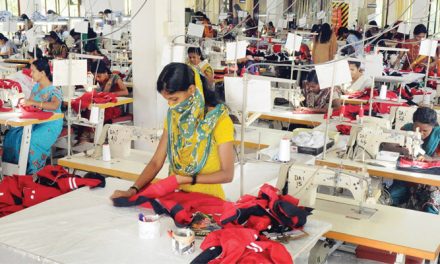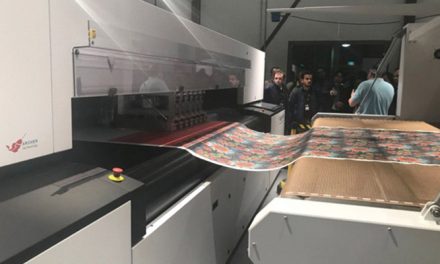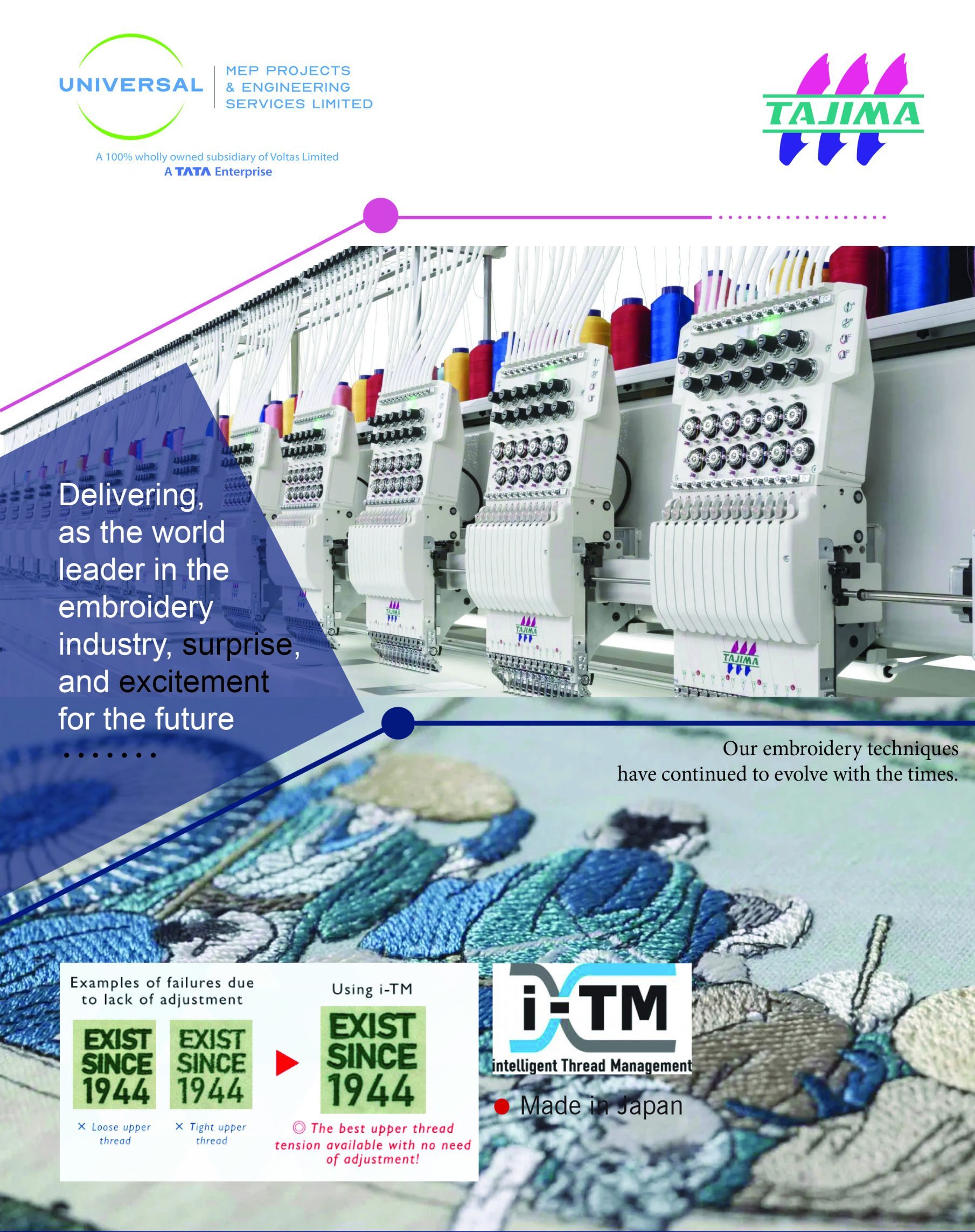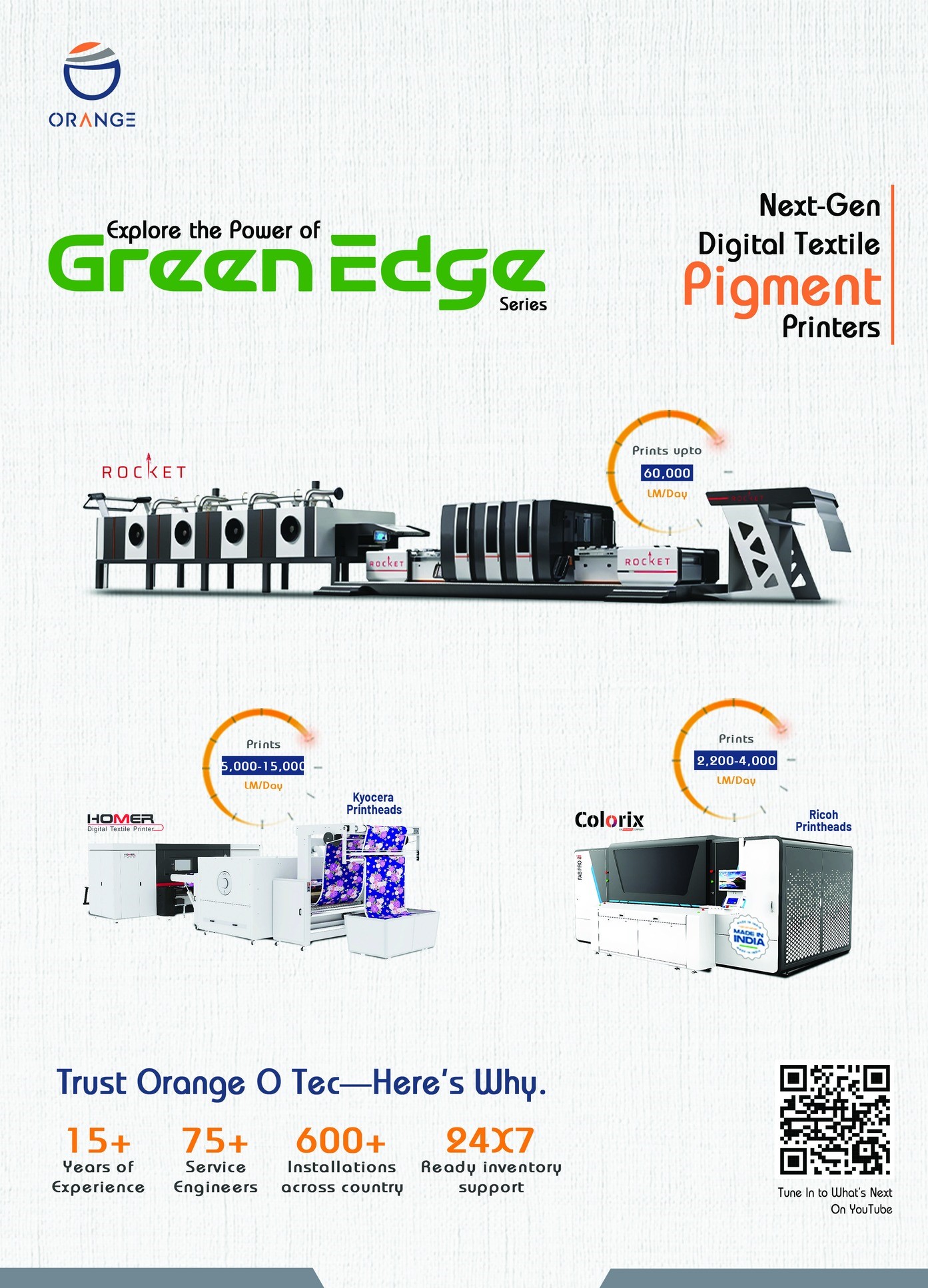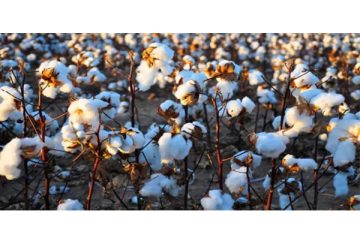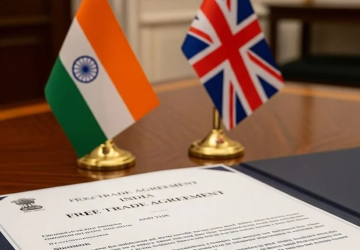
The India–UK Free Trade Agreement (FTA) is a landmark bilateral trade pact designed to strengthen economic ties between India and the United Kingdom. After several years of negotiations, the agreement was recently concluded during Prime Minister Narendra Modi’s 2025 visit to the UK.
The deal has been met with a positive response from India’s textile industry, which sees the FTA as a major opportunity to enhance exports, especially in the apparel sector. Industry leaders have welcomed the agreement, viewing it as a step forward in boosting trade, investment, and job creation while opening up greater access to one of the world’s largest garment markets.

Santosh Katariya, President, CMAI
Clothing Manufacturers Association of India (CMAI) welcomes the newly signed FTA between India and UK, as it opens up a huge opportunity for the Export Sector. Of course, the 0% duty will only come into place around end of 2026 (after all necessary approvals and procedures are in place), yet, buyers will start their scouting and preliminary ground work fairly soon. UK having a large Indian diaspora, this will also gives a boost to the traditional Domestic manufacturers of Indian Ethnic Apparel to venture into exports.
On the likely impact of duty-free imports coming into India, Santosh Katariya, President, CMAI, stated “Since imports of Apparel from UK are likely to be in the luxury and high-priced category, I am confident of the Indian Domestic Manufacturers’ ability to face the increased competition”.
Rahul Mehta, Chief Mentor, CMAI, added “Duty-free imports from UK will also raise the bar for Indian Brands and Retailers to up their quality, service, and Brand propositions – all of which will benefit the Indian Consumer”

Sudhir Sekhri, Chairman AEPC
India and the United Kingdom have signed a landmark Free Trade Agreement (FTA) recently, during Hon’ble Prime Minister Shri Narendra Modi’s visit to the United Kingdom. Sekhri also thanked Hon’ble Prime Minister Shri Narendra Modi and the Union Commerce Minister, Piyush Goyal, for their relentless efforts on conclusion of this deal.
Reacting on the development, Sudhir Sekhri, Chairman AEPC, said, “The signing of the landmark India-UK Bilateral Trade Agreement marks a significant milestone in strengthening the strategic and economic ties between the two nations. This deal will usher a new era of garment trade with the UK. This agreement will enhance market access, spur investment and job creation in the garment sector, besides creating new opportunities for businesses and consumers on both sides.”
“India- UK FTA will not only give competitive market access to the Indian apparel products in the UK market, but also increase the trust and reliability factor by streamlining customs procedures and mutual recognition of standards, thereby, reducing the compliance burdens for the Indian apparel exporters. With duty-free access, the apparel exports to the UK will witness a renewed thrust and moment in coming years. The deal is a testimony of a shared commitment of deepening cooperation between two great nations,” Chairman AEPC added.
The United Kingdom is a global fashion hub and the 5th largest garment importer of the world. The country imported garments worth $19.7 bn from the world in the year 2024. India, with its robust apparel sector, has long been a trusted partner for the UK. In 2024, India exported $1.2 bn worth of garments emerging as one among top four suppliers to the UK.
For most of the garment products, the duty to export to the UK is 9.6%. India mainly exports cotton-based garments such as t-shirts, ladies dresses, and babywear but lacks competitiveness in winter wear and MMF garments.

Rakesh Mehra, Chairman, CITI
The Confederation of Indian Textile Industry (CITI) warmly welcomes the signing of the free trade agreement (FTA) between India and the UK on July 24, 2025, which would remove the duty handicap that was coming in the way of Indian textile and apparel exporters in raising their market share in the United Kingdom.
The UK is one of the largest markets for Indian textile and apparel products. Under the India-UK FTA, Indian textile and apparel products will enjoy zero duty access to the UK.
“The landmark FTA with the UK is a huge positive for India’s textile and apparel domain. It has the potential to significantly transform the fortunes of the entire Indian textile sector and provide the kind of impetus which is necessary to help India realize its ambitious goal of achieving textile and apparel exports of $100 billion by 2030,” CITI Chairman, Rakesh Mehra said.
“As a potential supplier of raw materials like MMF filament and specialised non-woven fabrics, the trade with the UK offers good complementarities. Courtesy this FTA, Indian exporters will now enjoy a more level-playing field vis-à-vis their peers from other countries when it comes to the UK market. This will enable our companies to significantly improve their market share not only in the top 20 product categories but across the broader T&A segment as well,” Mehra added.
India is the 4th largest supplier of textile and apparel products to the United Kingdom with a nearly 6.6% share in the UK’s total T&A imports. During 2024, the UK imported T&A products worth about $27 billion, with apparel and made-up constituting 83% of the total. With about 25% share in the total T&A imports, China was the leading supplier to UK, followed by Bangladesh and Türkiye whose market shares were 15% and 8.5% respectively.
An analysis of the top 20 textiles and apparel commodities imported by the UK (at the HS 6-digit level) reveals that Bangladesh leads with a 23% share, followed by China (22.6%), Türkiye (10%), and India (4%).
Mehra said CITI is working closely with industry and local authorities to ensure that Indian companies can take maximum advantage of the opportunities opening through the India-UK FTA. “Our aim is to raise the business competitiveness of local textile and apparel units as it is only by becoming more efficient, productive, quality and sustainability-focused, and innovative that they can derive maximum gains from the trade deal,” Mehra pointed out.

Vijay Agarwal, Chairman, TEXPROCIL
TEXPROCIL Chairman Vijay Agarwal hails the India-UK Comprehensive Economic and Trade Agreement (CETA) as a historic milestone in the strategic partnership between the two nations. He expressed heartfelt gratitude to Hon’ble Prime Minister Narendra Modi ji for his visionary global leadership, which made this landmark agreement possible.
TEXPROCIL commends the relentless efforts of the Ministry of Commerce and Industry, under the dynamic leadership of Hon’ble Minister Piyush Goyal ji, for safeguarding and advancing India’s trade interests.
The Council remains committed to working closely with member exporters to ensure optimal utilisation of the FTA’s benefits. This Agreement is poised to significantly enhance bilateral trade, generate employment, and unlock tremendous growth opportunities for India’s Textile and Clothing sector.
Highlights of the CETA
• It is a historic deal.
• T& C sector has received zero duty access. This brings India on par with its competitors like Bangladesh, Pakistan, Vietnam, Turkey etc.
• The sector can expect to grow by 10-12% against the current growth of 6.6% in the next 3 years from the date of entry into force of the agreement
• Textiles trade including Garments & Home Textiles is expected to increase from the present level of US$.1.4 billion to US $3 billion in the next 3 years
• India’s share in the UK T&C market (Garments/ Made-ups/ Home Textiles) is expected to increase from 6% at present to at least 12% in the next 3-5 years

Rajeev Gupta, Joint Managing Director, RSWM Ltd
The India–UK FTA marks a game-changing shift in global textile trade, opening up substantial opportunities for Indian exporters. With the removal of import duties and the simplification of trade procedures, Indian textiles particularly in value-added, sustainable, and technical categories are now far better positioned. The UK imports nearly $20 billion worth of garments annually from the global markets including India. This pragmatic agreement removes the 9-12% tariff disadvantage, allowing Indian exporters to compete head-on with zero-duty countries like Bangladesh and Pakistan. It also reflects a growing trust in India’s manufacturing capabilities and lays the groundwork for transformative export growth, innovation, and greater integration with global fashion supply chains. We at RSWM are continuously investing in specialised machinery, product innovation, and supply chain agility. Our focus remains on enhancing our internal capabilities to meet the fast-evolving UK demand for performance driven and eco-conscious textiles.

Dr. Mukesh Kansal, Chairman, CTA Apparels
Dr. Mukesh Kansal, Chairman of CTA Apparels, has welcomed the recently concluded India–UK Free Trade Agreement (FTA), calling it a game-changer for India’s textile and apparel sector.
“The India–UK Free Trade Agreement marks a landmark moment for India’s textile and apparel sector. The removal of import duties offers Indian exporters a competitive edge in a mature and high-value market like the United Kingdom,” said Dr. Kansal.
The FTA is expected to eliminate key trade barriers and enhance market access for Indian textiles and garments in the UK — one of the world’s most lucrative fashion destinations.
“This agreement is poised to unlock higher export volumes, stimulate capacity expansion, and attract new investments into the industry. It provides a timely impetus to manufacturers aiming to strengthen their presence in global supply chains,” he added.
Dr. Kansal also highlighted the broader benefits of the deal, including employment generation, greater domestic value addition, and the promotion of sustainable, ethically aligned production practices that meet international standards.
“We commend the Government of India for its strategic vision and diplomatic efforts in securing this forward-thinking trade pact. The Indian textile industry is well-positioned to seize this opportunity and play a more prominent role in driving the country’s export-led growth,” he said.
The India–UK FTA comes at a pivotal time for India’s textile industry, which has been increasingly focused on global competitiveness, innovation, and sustainability. With duty-free access to the UK market, Indian manufacturers are expected to witness accelerated demand and stronger integration with global fashion and retail supply chains.


